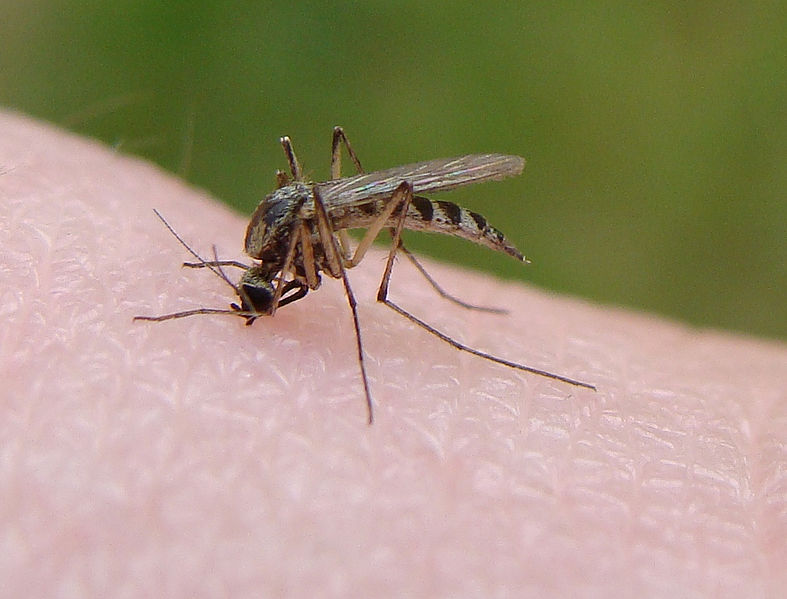
Zika, the virus that is being spread by mosquitoes in Central and South America, is causing serious worry because of a link to birth defects. Currently, there is no vaccine or treatment for Zika, but there are two potential candidates for a vaccine that could enter clinical trials in humans by the end of 2016. Even so, a vaccine against Zika will not be widely available for several years, said officials with the National Institutes of Health (NIH).
One of the vaccines is based on research done for West Nile virus, another virus that is spread by mosquitoes, said Dr. Anthony Fauci, director of the National Institute for Allergy and Infectious Disease (NIAID), one of the institutes of the NIH. That West Nile vaccine was never developed because no pharmaceutical company came forward to partner with the NIH. Fauci said he does not expect this to be an issue with the Zika virus since talks are already underway with vaccine makers.
Zika virus has been linked to severe birth defects in thousands of babies in Brazil. Babies born to mothers who were infected during their pregnancy have been born with heads that are too small, a condition called microcephaly. Symptoms of Zika are a mild fever and a rash, but up to 80% of people infected have no symptoms, meaning it can be hard to tell if a pregnant woman has been infected.
Pregnant American women are being warned against traveling to areas where Zika has been diagnosed. There have been 31 cases of Zika infection seen in U.S. citizens who traveled to areas affected by the virus, according to Dr. Anne Schuchat of the U.S. Centers for Disease Control and Prevention (CDC). There have been no known cases of transmission of Zika in the United States, she noted.
